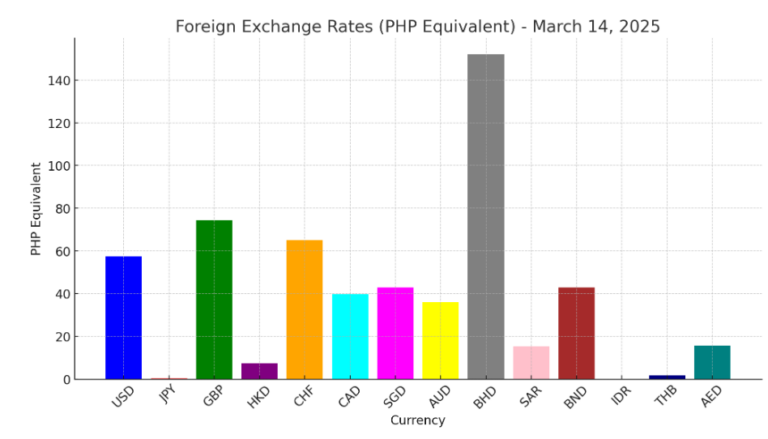Wells Fargo, one of the largest banks in the U.S., has officially left a global group of banks committed to fighting climate change. This group, called the Net-Zero Banking Alliance (NZBA), focuses on reducing greenhouse gas emissions to help the planet. Wells Fargo’s exit comes just two weeks after another major bank, Goldman Sachs, also walked away.
What is the Net-Zero Banking Alliance (NZBA)?
The NZBA is a United Nations-backed group created in April 2021. It includes over 100 banks worldwide that pledge to align their lending and investment activities with the goal of reaching net-zero carbon emissions by 2050. This means they commit to reducing or offsetting the amount of harmful gases released into the atmosphere.
Despite its mission, five banks, including Wells Fargo, have now left the alliance.
Why Did Wells Fargo Leave?
Wells Fargo did not provide a clear reason for its decision to leave the NZBA. A spokesperson from the alliance expressed disappointment over the exit but acknowledged that banks must make choices based on their own circumstances.
However, some experts believe the decision may be linked to increasing political pressure in the U.S.
Political Pushback on Climate Initiatives
Recently, Republican leaders have been criticizing companies they perceive as being “too climate-friendly.” In some cases, they have accused financial firms of prioritizing environmental policies over other business interests.
For example, major asset management firms like BlackRock, Vanguard, and State Street were recently sued by Texas and 10 other Republican-led states. The lawsuit claims these companies violated antitrust laws through their climate-focused actions.
As a result, some banks and financial firms appear to be scaling back their climate commitments to avoid backlash from GOP officials.
What’s Next for Climate Banking?
While Wells Fargo and Goldman Sachs have left the NZBA, the group still boasts a large membership base. A spokesperson from the alliance noted that the growing number of members demonstrates the importance of understanding climate risks and making transitions to cleaner practices.
Banks are increasingly aware of the need to address climate risks, but balancing environmental goals with political pressures is becoming more challenging.
What Does This Mean for the Planet?
The departure of major banks like Wells Fargo raises questions about the future of global climate initiatives. Without strong financial support, efforts to reduce carbon emissions could slow down.
Still, the NZBA continues to advocate for change, encouraging banks to commit to sustainable practices for the sake of the environment.
Key Takeaway:
Wells Fargo’s decision to leave the NZBA highlights the growing tension between climate goals and political pressures. While the journey to a greener future faces challenges, many organizations remain committed to fighting climate change.


















